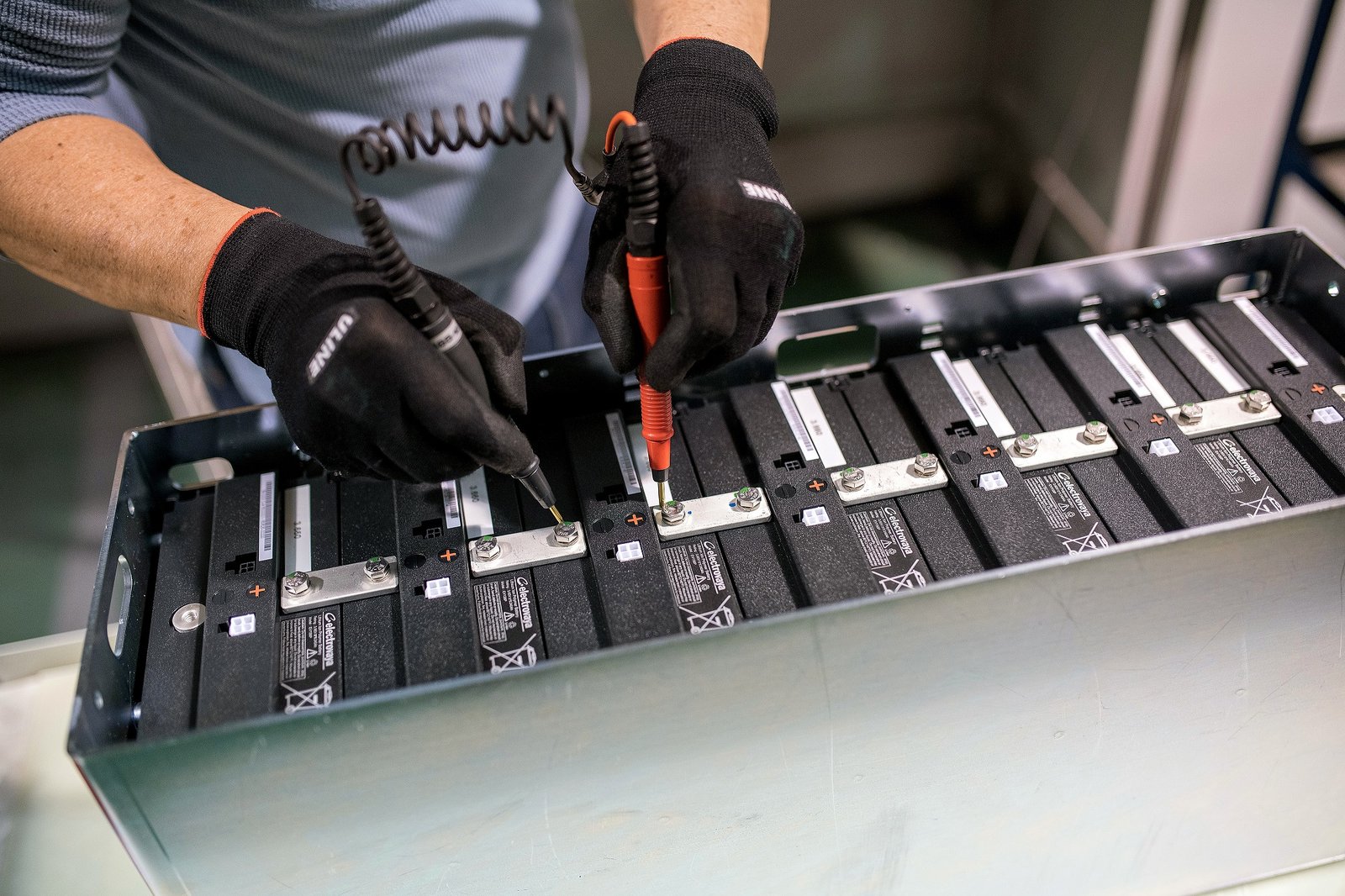1. Integrated Cell Interconnects (CCS Busbars)
CCS busbars are crucial components within battery modules. They consist of signal acquisition components, plastic structural elements, and copper/aluminum bars. These components are connected through processes like hot pressing or riveting to form a unified structure. CCS busbars enable both series and parallel connections of battery cells and facilitate temperature and voltage sampling. The collected data is transmitted to the Battery Management System (BMS) through the signal acquisition components, making them an integral part of the BMS.
2. Integration Approaches
Various integration methods exist for CCS busbars:
- Injection-Molded Frames + Riveting: In the early stages of industry development, CCS products often used injection-molded frames. These frames, typically made of flame-retardant PC+ABS or PA66, offer robust mechanical strength and stable structural integrity. However, their thickness and weight can impact internal space utilization and overall driving range.
- Thermoformed Insulation Sheets + Heat Riveting: Thermoformed insulation sheets, made of flame-retardant PC film, are cut and shaped to fit the components. Heat riveting integrates these sheets with signal acquisition components and aluminum bars. This approach reduces weight and improves space utilization but sacrifices load-bearing capacity.
- Hot-Pressed Insulation Film Integration: Using PET insulation film instead of traditional insulation boards, this method involves heating and bonding aluminum bars and signal acquisition components into a thin, cohesive sheet. Hot-pressed CCS achieves high integration, stability, and reduced thickness compared to thermoforming, but it requires significant equipment investment and has lower production efficiency.
- Flat Plate Structure + Riveting: A newer approach employs flat plate insulation support structures connected using rivets. This cost-effective method suits indoor energy storage scenarios without frequent vibrations.
3. Conclusion
The CCS process enhances battery safety, stability, and production efficiency through integrated design and manufacturing. It plays a pivotal role in the development of electric vehicles and energy storage systems.



